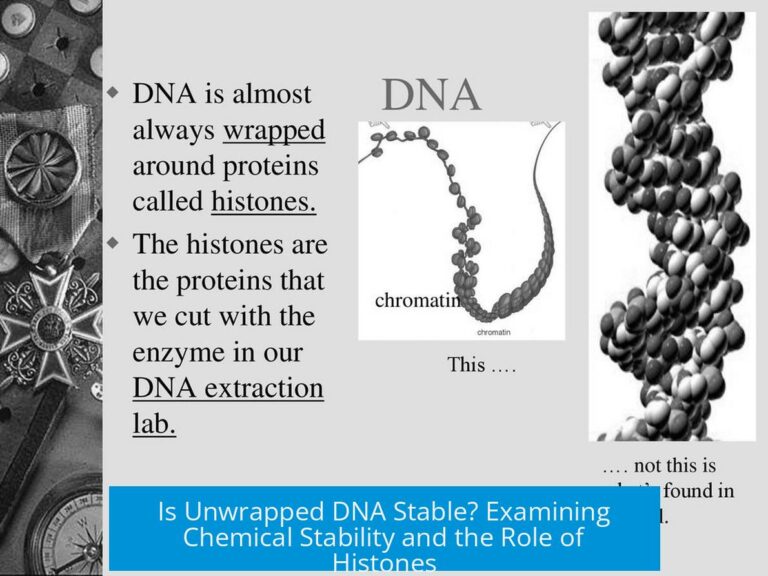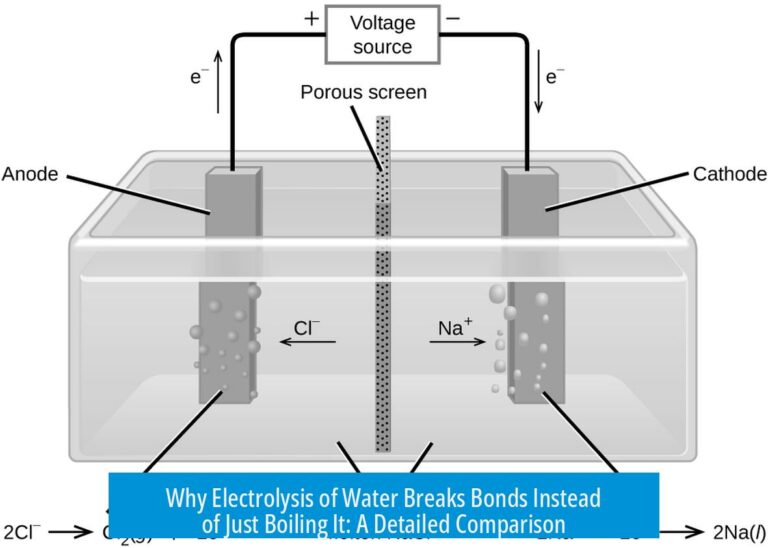What Is Studying a Bachelor in Chemistry Like?

Studying a bachelor in chemistry demands substantial effort, consistent study, and personal commitment. It involves rigorous coursework, significant time investment, and practical lab work. Success hinges on understanding foundational concepts, maintaining good study habits, and engaging actively in research opportunities.
Effort and Study Demands
Studying chemistry is far from easy. It requires more study time than many non-STEM fields. Unlike some majors where showing up and taking notes might suffice, chemistry demands active engagement and dedication.
Students report that putting in the time to review lecture notes consistently is essential. Solid grasp of fundamental principles helps immensely later in the program. The coursework builds on itself, and gaps in understanding make progressing difficult.
- Requires significant time investment and regular review
- More demanding than non-STEM majors in study hours
- Strong foundation of basics is critical for success
Difficulty and Personal Aptitude
The perceived difficulty varies with interests and natural ability. Chemistry can be challenging for those who dislike math or lack curiosity about the physical world.
While some find the major demanding, others say it is no harder than other fields if the student is motivated. Aptitude in math and science and an eagerness to understand scientific mechanisms influence how manageable the workload feels.
- Interest and math skills affect ease of study
- Inherent difficulty depends on motivation and curiosity
- Harder for those uninterested in physical sciences
Preparation and Academic Performance
Students who enter well-prepared tend to keep pace with coursework. Preparation includes having solid high school background in chemistry, math, and physics.
Grades serve as one measure of success, but research experience increasingly matters more. Many graduate programs now place less emphasis on GPA and more on hands-on research and career goals.
Good attendance, study habits, and sustained effort lead to higher grades. Low GPA does not preclude advancement if supplemented with substantial research and practical experience.
| Aspect | Observation |
|---|---|
| GPA Importance | Decreasingly important compared to research |
| Key to Success | Preparation and steady study habits |
| Typical GPA Range | Varies widely, success possible below 3.0 |
Coursework and Curriculum
The bachelor’s curriculum covers core chemistry subjects and associated labs. Students usually complete general chemistry, organic chemistry, and physical chemistry courses.
Additional studies often include inorganic chemistry, biochemistry, spectroscopy, and supplementary math and physics classes. The labs provide hands-on experience, reinforcing theoretical learning.
Progressing through physical chemistry in senior year often brings a rewarding understanding of how prior concepts interlock and apply.
- Core courses: General, organic, and physical chemistry
- Labs integral to learning process
- Electives may include biochemistry, spectroscopy, inorganic
- Related math and physics courses complement knowledge
Study Strategies and Academic Support
Utilizing academic support, such as office hours, is crucial. Treat office hours as essential, not optional. Preparing questions beforehand maximizes their value.
Asking for help when concepts are unclear prevents falling behind. Active engagement with instructors and peers boosts understanding and performance.
- Attend office hours regularly with prepared questions
- Seek help promptly for challenging material
- Active participation in class enhances retention
Career Considerations and Research Experience
A chemistry degree serves as a tool toward specific career goals. It is important to decide on chemistry with clear objectives, not casually.
Research experience weighs heavily in job and graduate school selections. Balancing research internships and academic responsibilities can be challenging but necessary.
Undergraduate research positions often provide practical skills and competitive advantages. Many graduates pursue PhD studies, continuing their specialization.
Those entering the workforce directly may face intense competition. The degree can act as a stepping stone to various scientific, academic, and industrial careers.
- Research experience critical for career advancement
- Degree should align with clear career goals
- Challenges include balancing academics with internships
- Common pathways: graduate school, industry, academia
Summary of What to Expect
| Aspect | Details |
|---|---|
| Workload | High study demands, challenging labs |
| Academic Skills | Strong math, science aptitude needed |
| Support | Active use of office hours recommended |
| Research | Essential for employment and grad school |
| Career Outcomes | Varied roles in science, industry, academia |
Key Takeaways
- Chemistry bachelor’s degrees require consistent effort and genuine interest.
- Strong preparation in math and science makes the program manageable.
- Active engagement with coursework and office hours boosts success.
- Research experience matters more than GPA for career development.
- The curriculum is rigorous, including both theory and labs.
- Students should have clear career goals before committing.
What kind of effort does a bachelor in chemistry require?
Studying chemistry demands consistent work. You need to review lecture notes regularly and invest time daily. The content is challenging compared to non-STEM fields.
How difficult is the chemistry curriculum?
The difficulty varies with interest and aptitude. If you dislike math or scientific concepts, it could feel tough. Core courses include general, organic, and physical chemistry, plus labs.
What study strategies help in a chemistry degree?
Office hours are crucial. Treat them as mandatory. Come prepared with questions from lectures or homework. Don’t hesitate to ask for help when needed.
How important is GPA in chemistry studies?
GPA matters less than research experience for future goals. Good attendance and study habits help, but research opportunities are often more valued by graduate programs.
What career considerations should one have before choosing chemistry?
Chemistry is demanding and requires clear career goals. It’s not advisable to study it “just because.” Balancing research and academics is key to finding job opportunities after graduation.





Leave a Comment